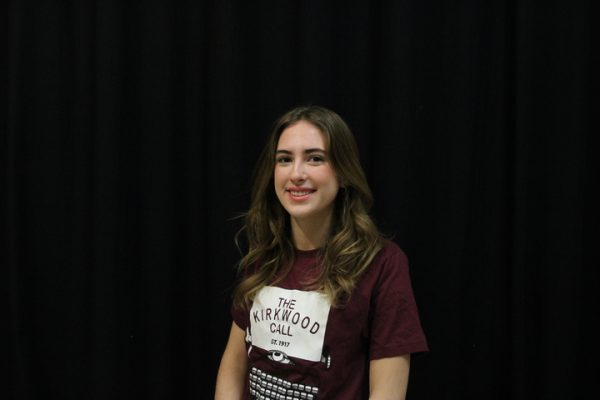It’s Friday night, and you’re sitting in the passenger seat with your male friend, fast food in your lap and conversation flowing. The two of you have spent months attempting to convince your peers that you aren’t dating, repeatedly explaining that you only see him as a friend. As you sit there, the conversation begins to circulate around his romantic pursuits. Despite a lack of interest, he’s throwing out hints to help you guess the lucky lady he finds himself infatuated with. Then comes the statement that every female friend dreads: “you know her very well.” In this moment, a slow-mo horror montage of your soon-to-be crumbling friendship plays in the back of your mind. As he describes your exact figure and personality, his brows raise waiting for confirmation that you reciprocate feelings. Lucky you! You get to explain, news flash, you aren’t interested in anything more than a friendship. Afterwards, the friendship fizzles, and three weeks from this moment you two won’t do more than exchange glances in the hallways. Jane, junior, has been in this position more than once, and said it never ends well.
“I’ve friendzoned people multiple times and [it’s] always super awkward,” Jane said. “In my experience, [they] have fought me on it and tried to tell me that ‘[you] just don’t understand how it would work out.’”
Smith said it’s often very dramatic and unexpected. She said she once had someone text her an entire paragraph explaining that he couldn’t picture his life without her, and she was the only one for him.
“I was 15 and we talked for three weeks,” Jane said. “Afterwards, the relationship [was] nonexistent even though [I] said we could be friends. We never spoke again and I’m sure they hate my guts.”
Mary, junior, experienced similar issues. She said after three months of talking to someone, she eventually knew that things between them didn’t feel right.
“I didn’t want to lead him on,” Mary said. “I tried to nicely friendzone him, but he viewed [us] as a relationship. It took a week of me [explaining] ‘this is what’s best for me,’ then it took him a while for him to understand that [the way I felt] had nothing to do with him.”
Mary said the two of them haven’t spoken since. She said in the two years since she friendzoned him, all of their interactions have been very tense.
“I felt bad for friendzoning him because I felt like I had led him on,” Mary said. “It made me sad to think that someone who I did care about, even if it wasn’t in a romantic way, was hurting because of me. What started so [well] ended so badly, and made us never talk again.”
Jimmy, junior, said the receiving end of the friendzone was a positive experience in his case. He said that what started as romantic feelings from him resulted in a healthy friendship.
“[There was a] girl who I started to hang out with, but I knew she had this thing for this guy,” Jimmy said. “I still tried to talk to her, [but when] I tried to ask her out it was just too early. After that, it started a cycle of [me being] attached and [continuing to ask] her out. [My feelings] faded over time, and [she’s] now my good friend.”
These students all said that despite the painfully awkward outcome, friendzoning is more beneficial than leaving the relationship where it is. Smith said it made her feel like a horrible person, but it’s worth it. “I think I made the best of the situation even though there’s really no good way to do it.”
“You know the other person is hurt [and] it doesn’t feel great, but I recommend doing it because you don’t want to be stuck in [that] relationship,” Jane said.
Jimmy said that as the friendzoning occurred, he was worried about the impacts moving forward. He said he eventually was able to move on and feel comfortable.
“Looking back on it, I don’t care at all,” Jimmy said. “I don’t miss it – I don’t want it actually – but [in the moment I was thinking] ‘what will I do?’”










